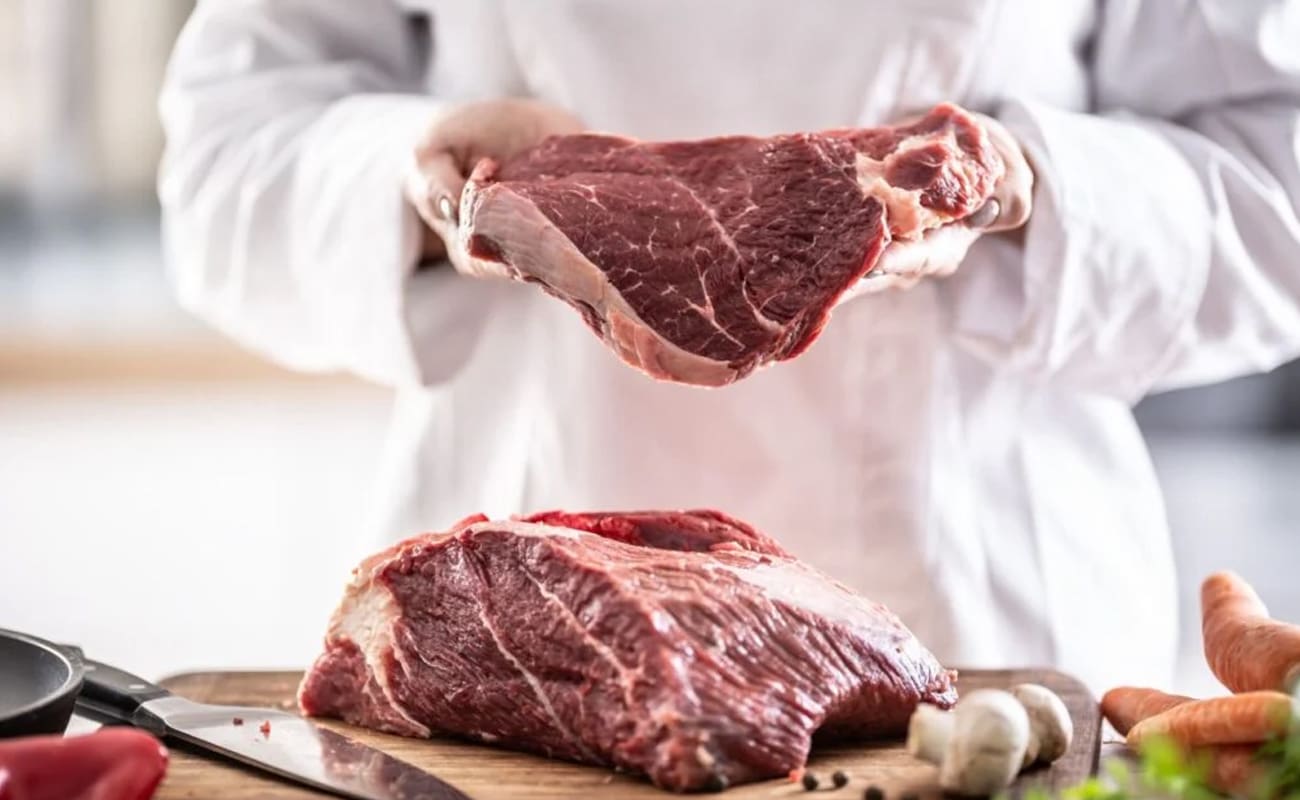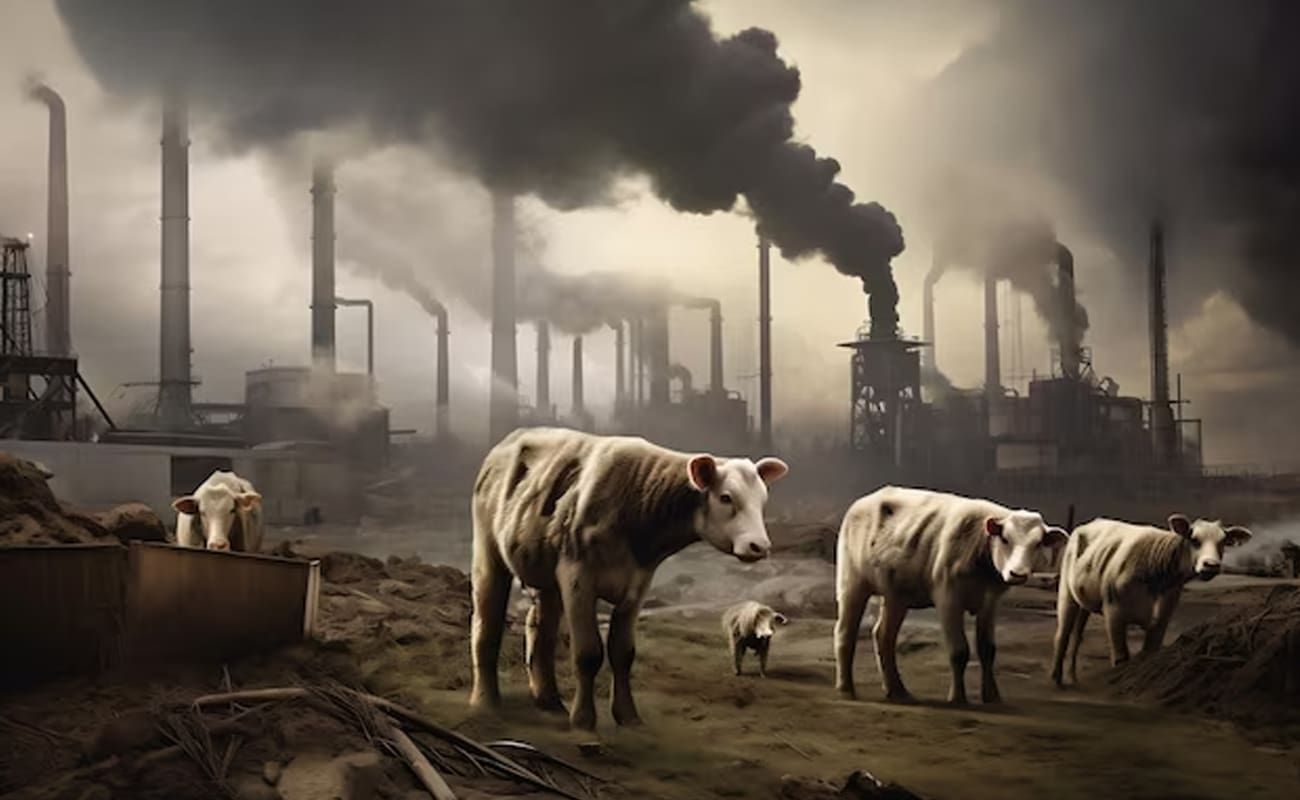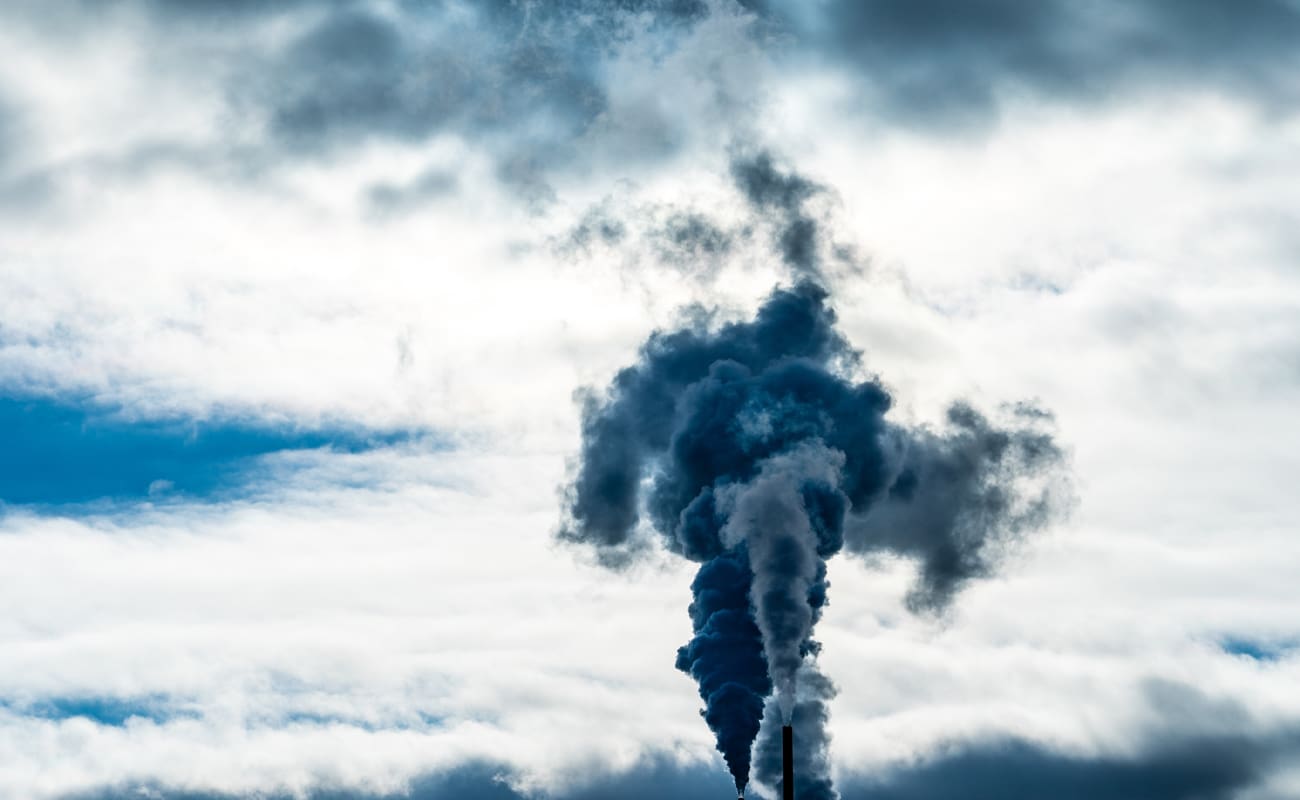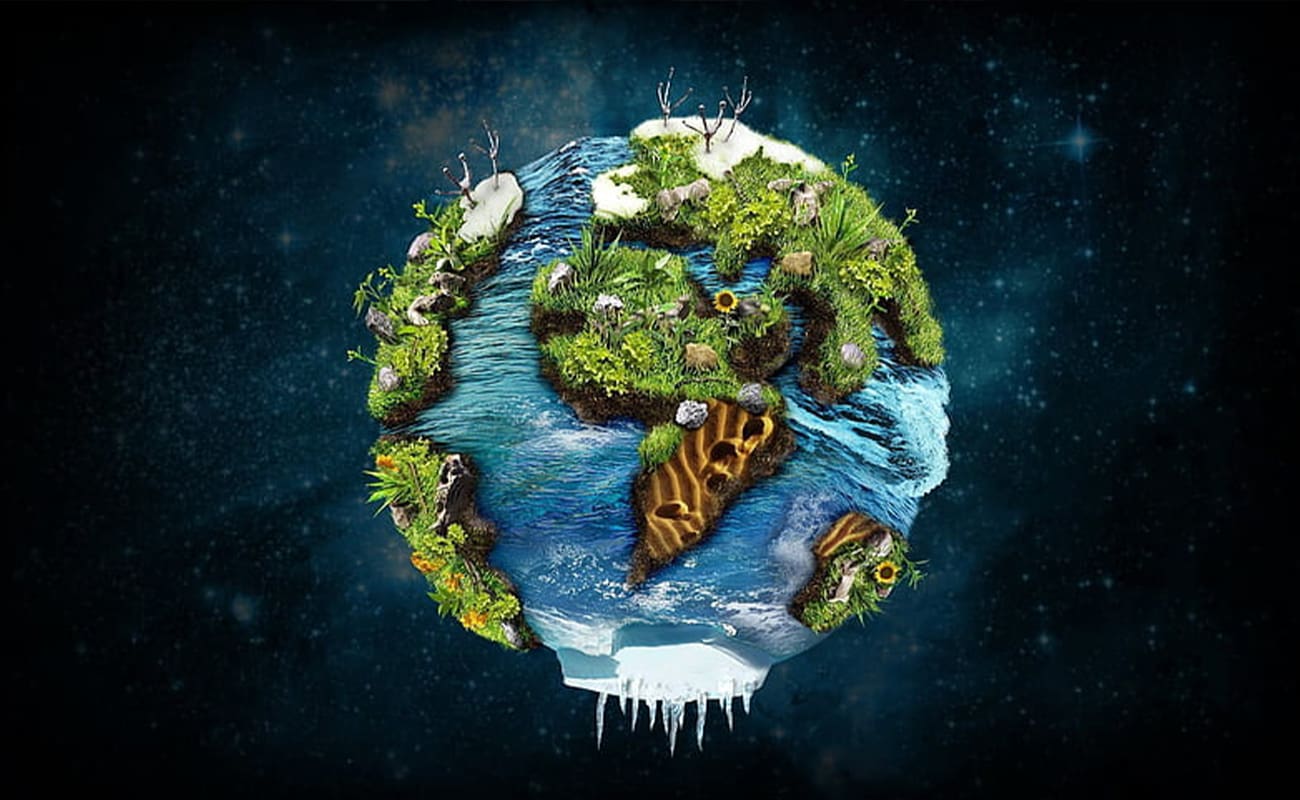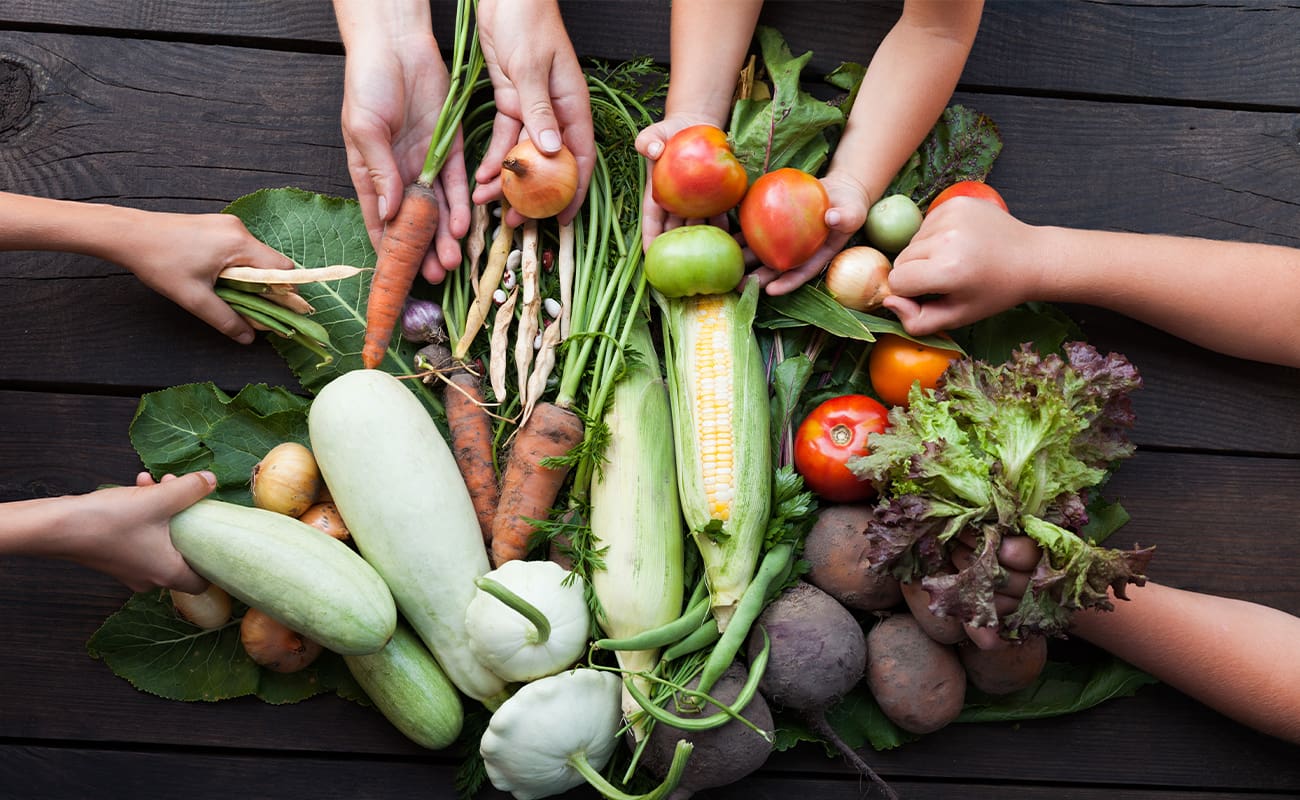This section explores how conscious choices, food system transformation, and rethinking production methods can lead us toward a more sustainable and compassionate future. It highlights approaches that not only reduce animal suffering but also help regenerate the planet, lower our environmental footprint, and promote human health. In a world where industrial animal farming drives climate and ecological crises, the need for bold and systemic solutions has never been more urgent.
From plant-based diets and regenerative agriculture to emerging food technologies like cultivated meat and forward-thinking global policies, this category presents a wide range of practical pathways. These solutions are not utopian ideals—they are tangible strategies for reshaping a broken food system. One that can nourish people without exploiting animals, depleting nature, or worsening global inequality.
Sustainability is more than just an environmental goal; it forms the foundation for building an ethical, healthy, and equitable future for all living beings on this planet. It challenges us to rethink our relationship with nature, animals, and each other, emphasizing responsibility and compassion as guiding principles. This category invites us to envision a world where our individual choices and collective actions become powerful drivers of healing, restoration, and balance—rather than contributors to ongoing destruction and inequality. Through increased awareness, deliberate commitment, and global cooperation, we have the opportunity to transform systems, rebuild ecosystems, and create a future that nurtures both people and the planet. It is a call to move beyond temporary fixes and towards lasting change that honors the interconnectedness of all life.
Deforestation is a growing global issue with severe consequences for our planet. One of the key drivers of deforestation is animal agriculture, which requires vast amounts of land for livestock production and feed crop cultivation. However, reducing animal product consumption can play a significant role in slowing down deforestation rates. By decreasing the demand for animal products, less land will be needed for livestock, reducing the need to clear forested areas. In this post, we will explore the impact of reducing animal product consumption on deforestation and highlight the important connection between our dietary choices and the protection of forests. Reducing animal product consumption can have a significant impact on slowing down deforestation rates. By decreasing the demand for animal products, less land will be needed for livestock production, thus reducing the need to clear forested areas. This is crucial because deforestation is one of the major drivers of climate …




